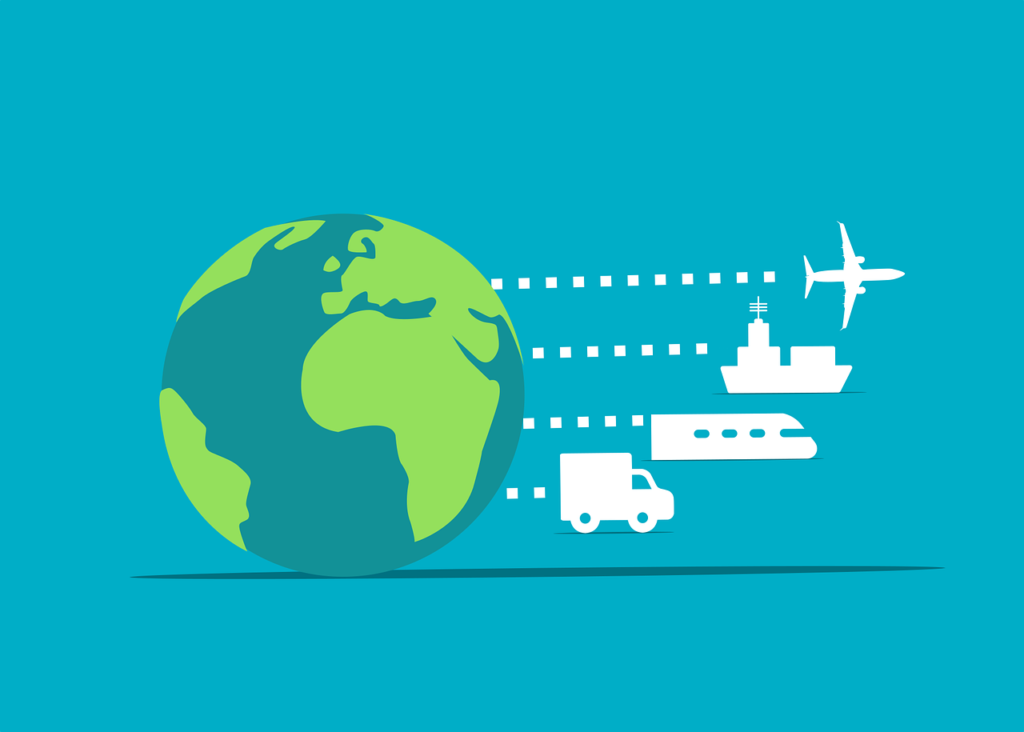Learn how to monitor your supply chain more efficiently
This is a question you may have asked yourself. How can supply chain performance be improved? The solution is frequently not obvious, therefore in this post, we’ll try to make it clear how you may evaluate and boost the efficiency of your company’s supply chain.
What are supply chain management KPIs?
Supply chain management KPIs are the quantitative and qualitative measures that a business monitors to determine whether its production and logistical operations are meeting its performance objectives. Every KPI tracks a different element of your supply chain activities. By periodically gathering data on this KPI, your business can gain visibility into how close you are to meeting your performance benchmarks, where there is room for improvement, and how to structure a more efficient process within the supply chain, preventing waste of materials, time, and money. The most popular supply chain KPIs we’ll discuss are listed below:
- Perfect order rate;
- Order fulfillment fee;
- Freight bill accuracy;
- Stock turnover;
- Return on investment (ROI);
- Supply chain costs;
- Average delivery time;
- Customer order cycle time.
However, because there are so many KPIs you can monitor, it is crucial to concentrate on the ones that are the most significant for your company because each KPI will differ depending on the market sector, customer wants, and business challenges of each company.
Read also: 7 Efficient Strategies to Mitigate Risks in the Supply Chain
How to improve your supply chain KPIs?
Tracking your supply chain performance may seem challenging because there are so many crucial supply chain metrics to analyze, but tracking and evaluating KPIs becomes much simpler with the correct tools.
Supply chain management software bundles make tracking metrics simple and uncomplicated by providing real-time visibility into the KPIs that are most important to your company, such as inventory levels, distribution, suppliers, and inventory turnover. The best supply chain analysis software includes tools to assist you in extracting insights from the gathered data as well as analytical dashboards that consolidate and make readily accessible key supply chain metrics and insights.
Additionally, this level of visibility aids businesses in enhancing performance across numerous KPIs. With current data being automatically tracked and easily accessible, you’ll be better able to predict demand and inventory requirements with greater accuracy and pinpoint problem areas with greater speed.
Optimizing your supply chain
Its infrastructure can monitor and enhance KPIs throughout the whole supply chain because it is a technology-focused enabled chain. With the aid of inventory management software, you can remotely manage inventory, keep an eye on important metrics, and maintain inventory control without having to worry about distribution, product lifecycle management, or warehousing.
The information required to calculate ROI can be found through dashboards. After all, it is crucial to understand the return on your investment in order to increase production and keep your business’s revenue. Dashboards also give you visibility into stock levels and turnover.
Quick and accurate order fulfillment services from e-commerce or CRM systems expedite supply chain processes when orders are received without compromising quality. Your order cycle time, fill rate, and perfect order rate all improve as a result, and you can track these metrics using the analytics dashboard.
Supply Chain KPIs FAQ
We’ve broken down some of the most frequently asked questions concerning the key supply chain performance indicators below.
What are the most important supply chain management KPIs?
The on-time delivery rate, fill rate, freight bill accuracy, inventory turnover, return on investment (ROI), gross margin, supply chain costs, average lead time delivery time, damage-free delivery, customer order cycle time, and cash-to-cash cycle time are among the most crucial KPIs in the retail supply chain.
How can you track KPIs?
Platforms for supply chain management that offer thorough analytics dashboards and take into consideration information qualification and quantification can be used to track KPIs.
Do KPIs help with supply chain management?
KPIs aid in supply chain management by monitoring supply chain effectiveness and spotting chances for optimization, with the goal of enhancing and lowering the cost of logistical and operational activities.
How do you measure supply chain performance?
By establishing the KPIs you want to monitor and employing analytical reporting tools to analyze these measures, you can assess the performance of your supply chain.
Did you find this article to be interesting? Keep checking back for more advice from 3PL Links, which offers its clients the most cutting-edge supply chain and logistics solutions available today.



